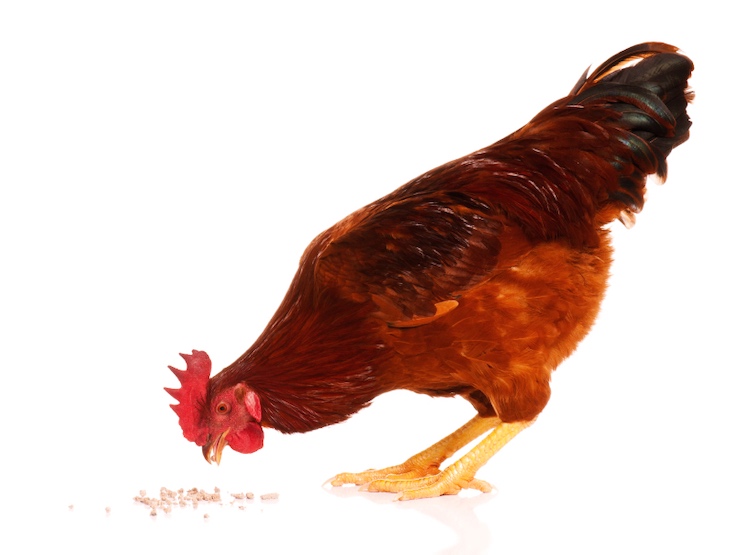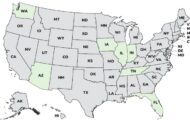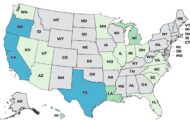Are you thinking about keeping backyard chickens because of high egg prices? Read this first, because there are some food safety issues you need to know.

The bucolic image of some chickens strutting around your backyard, pecking at the ground and emitting gentle clucks, laying eggs that you can gather warm and fry for your breakfast, is misleading. Taking care of a flock of chickens is a lot of work, and if you aren’t careful, an infection can land you or your kids in the hospital with a serious illness, according to the CDC.
Every year in recent memory, hundreds of people are sickened and dozens are hospitalized in Salmonella outbreaks after contact with backyard birds. And these numbers are at least 30 times higher than the reported case counts, because the case counts are very underreported.
Here’s a partial list:
In 2022, there were 219 people sickened with Salmonella infections in 38 states. Twenty-seven people were hospitalized, and one person died.
In 2021, 1,135 people in 48 states and Puerto Rico were sickened, again with Salmonella infections. Two hundred and seventy three people were hospitalized, and two people died.
In 2020, a backyard poultry Salmonella outbreak sickened at least 938 people in 48 states. One person died.
In 2019, an outbreak linked to backyard chickens sickened at least 768 people in 48 states and two people died.
In 2018, at least 212 people in 44 states were sickened with Salmonella infections linked to backyard flocks.
In 2017, there were eight multistate outbreaks of Salmonella linked to these birds. The strains included Salmonella Braenderup, Salmonella Enteritidis, Salmonella Hadar, Salmonella I 4,[5],12:i-, Salmonella Indiana, Salmonella Infantis, Salmonella Mbandaka, and Salmonella Typhimurium.. At least 372 people were sickened, and 71 people were hospitalized. Thirty-six percent of the patients were children under the age of five.
No one is saying you can’t have a flock of chickens, as long as your local zoning ordinances allow it. You just need to be very careful about how the birds are handled and how you care for them.
The issue is that these birds can carry and transmit dangerous pathogens even if they look healthy. Hens can be contaminated with bacteria in their ovaries, which means the eggs are contaminated from the inside out. And chicken poop, which can get everywhere, can be teeming with bacteria.
There are steps you can take to keep you and your family safe. First of all, anyone who has a compromised immune system or a chronic illness should not touch the birds at all. Children under the age of five, pregnant women, and the elderly should avoid them too.
Poultry should always be kept outdoors. Do not let children snuggle or kiss the birds, even the adorable chicks. Wash your hands with soap and water after you contact the birds, their environment, and equipment used to care for them, and if your kids touch them, supervise handwashing. Keep all equipment, including clothing and shoes, that are used around the chickens outside.
Follow these steps rigorously to raise your own chickens and eggs. And you should know the symptoms of a Salmonella food poisoning infection, just in case. And remember, the price of a dozen eggs is much less expensive than a hospitalization for an infection.




